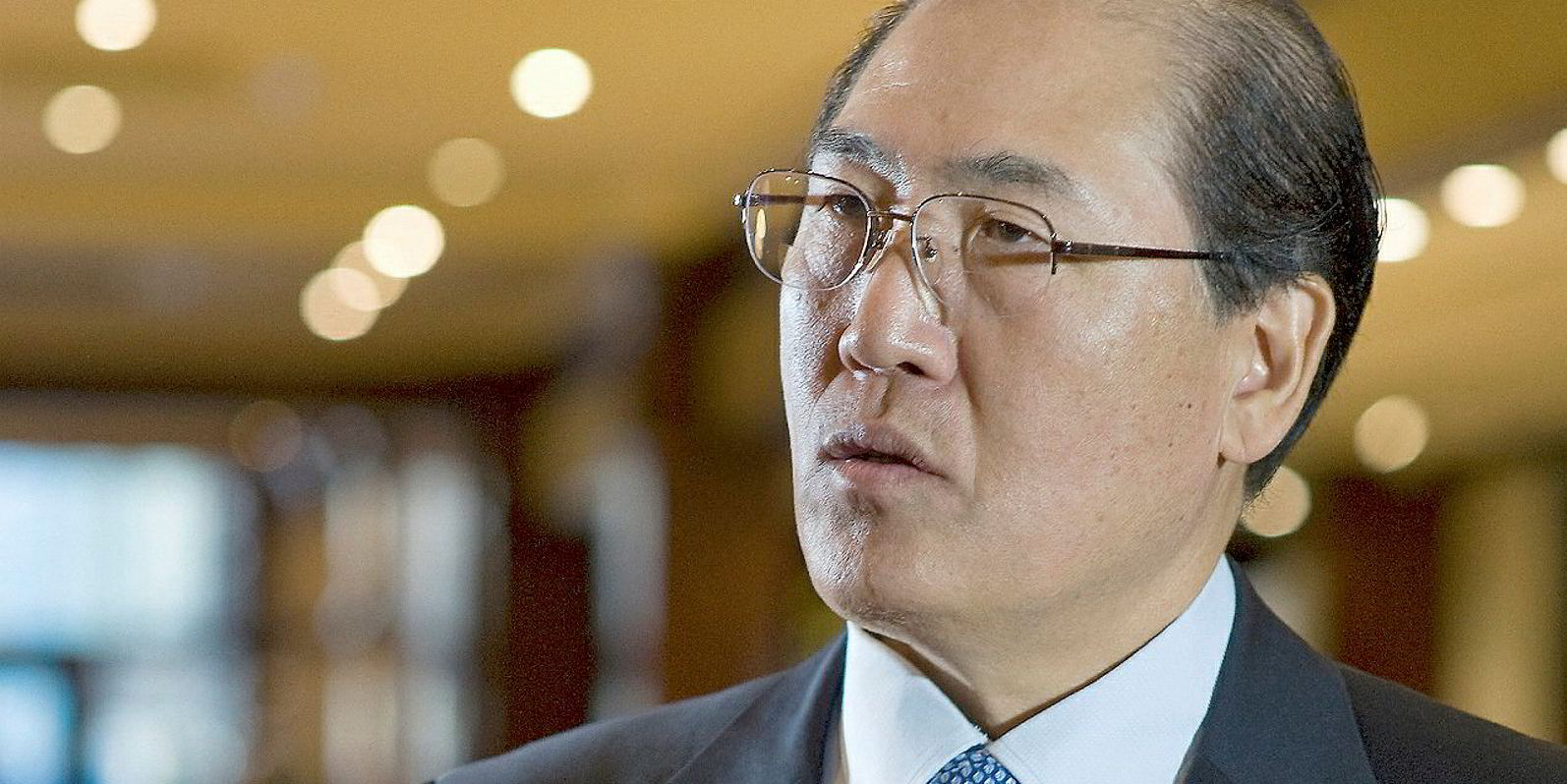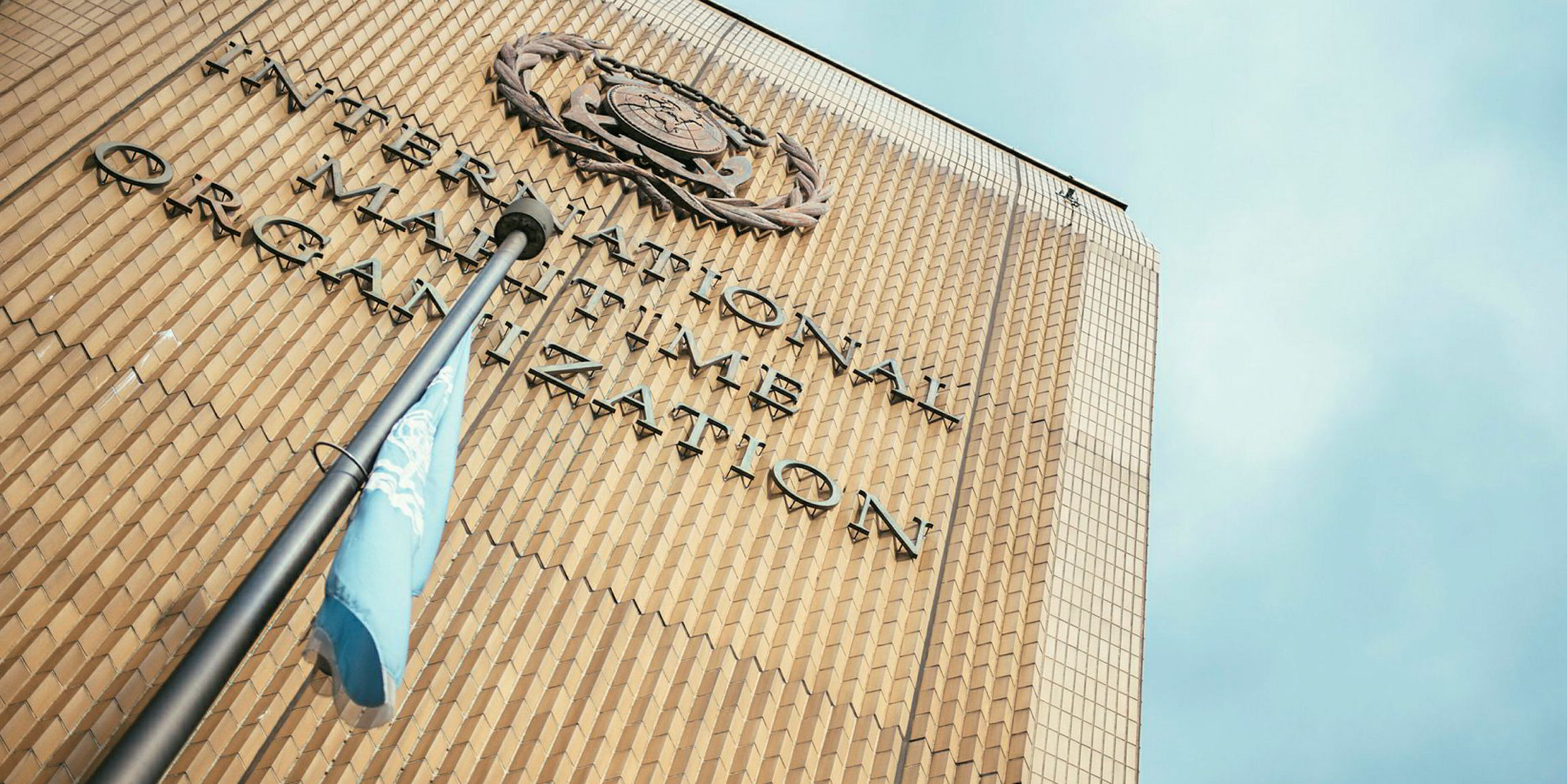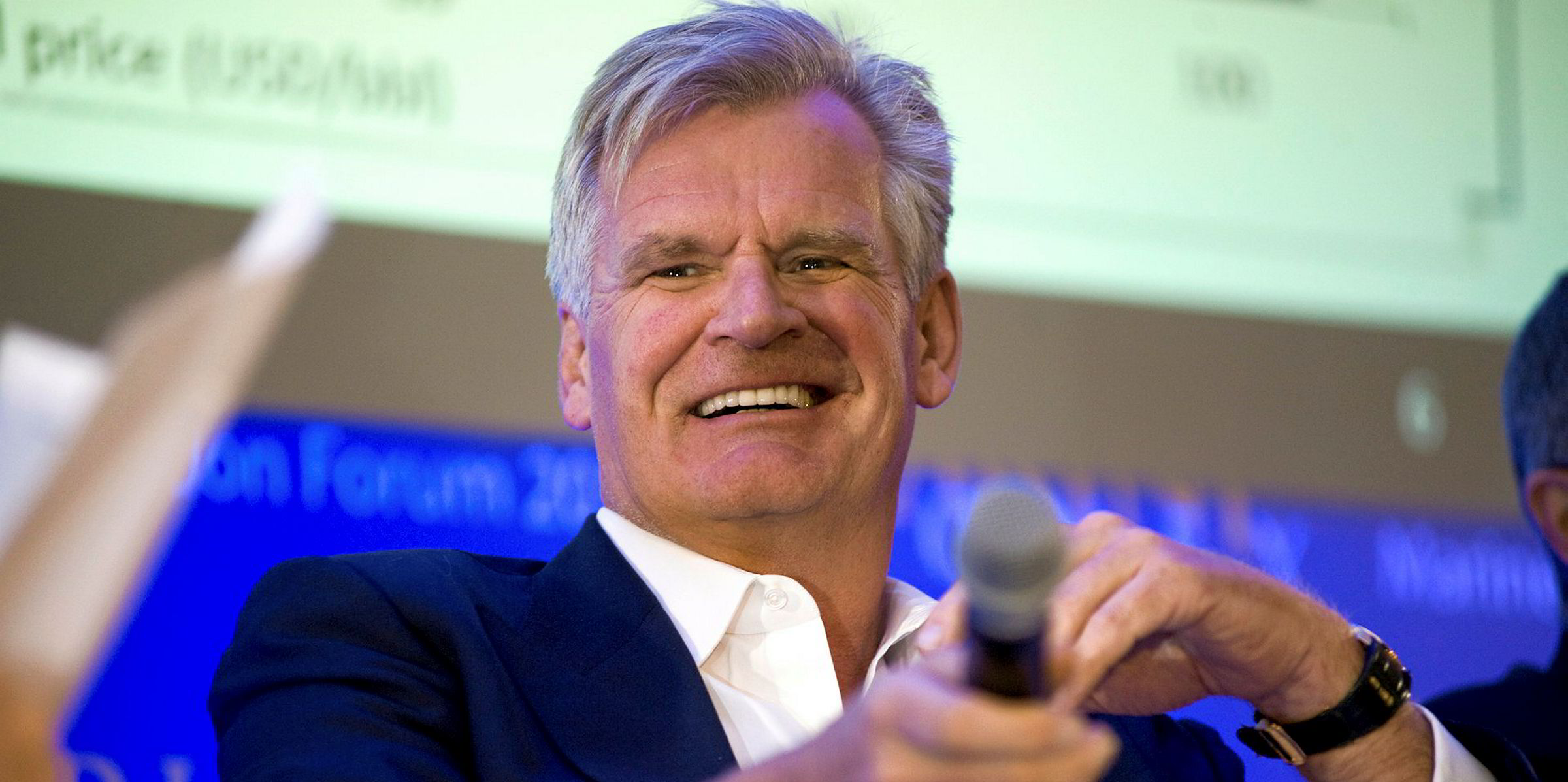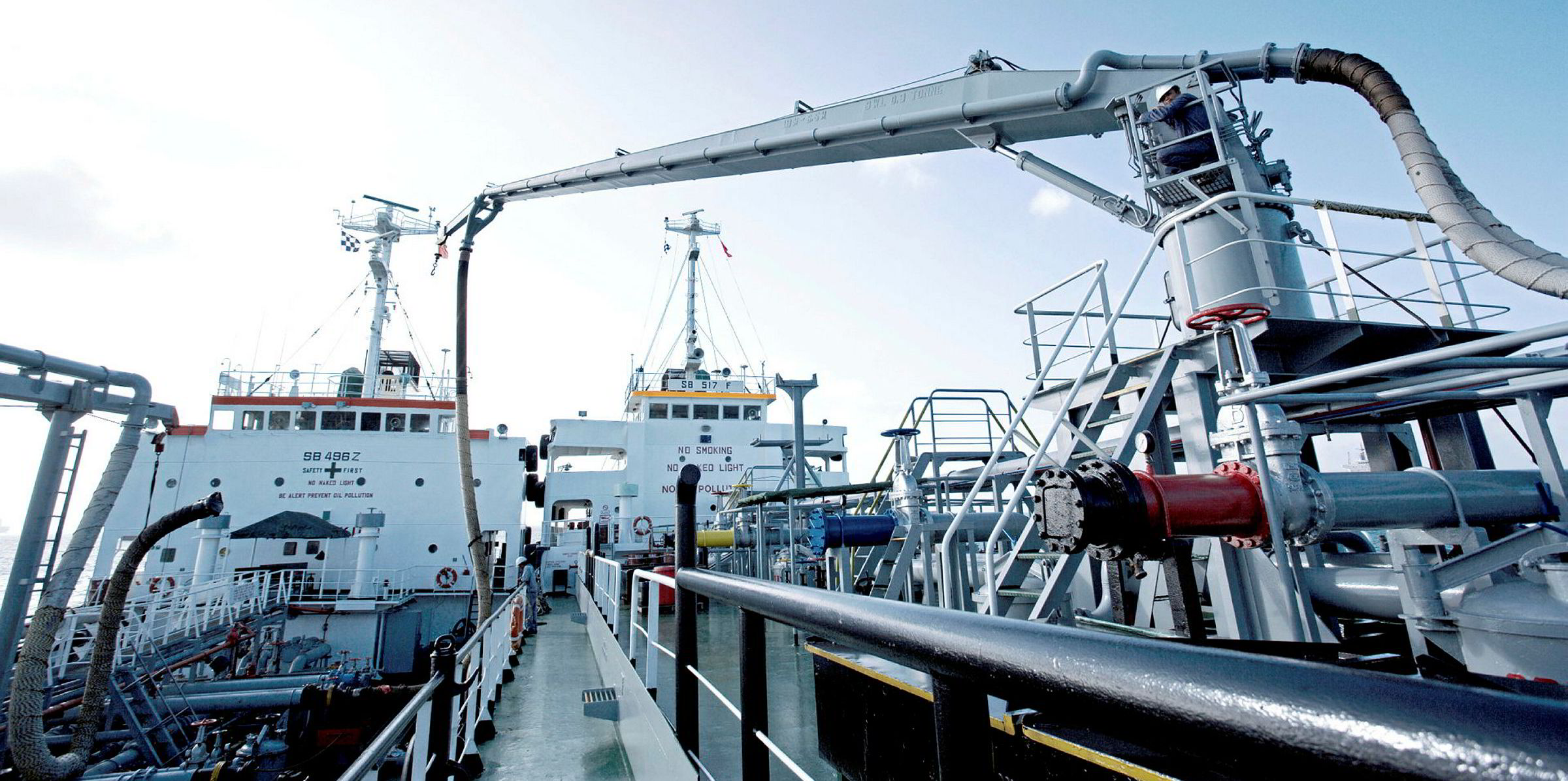Shipowners are getting excited about slow-steaming, but the IMO is unlikely to discuss the matter in much detail during a fortnight of talks launched in London this week.
Before delegates can discuss the idea of speed limits, the Intersessional Working Group will first focus on setting the baseline for the reduction of greenhouse gas (GHG) emissions from ships before the IMO convenes a meeting of the Marine Environment Protection Committee (MEPC).
Topping the working group's agenda, those attending will be tasked with setting the terms of reference for a global GHG emissions survey, and selecting a research body to produce the report.
Capturing data
The study will aim to capture an accurate picture of historic and current GHG emissions from ships.
This data will provide the basis for future reduction targets and, if the IMO decides on setting speed limits for vessels in the future, what those restrictions might be.
Delegates have also been charged with commissioning an impact study on the proposed GHG emissions reductions. This comes in response to the concerns of developing countries over the impact GHG reductions could have on their economies.
Concerns focus on issues such as slow-steaming and what it would mean for their goods if they took longer to get to market and fears that perishables might spoil.
One IMO delegate said: “We hope there might be at least some time to start to talk about the emissions reduction proposals.
"At best there might be some general discussions on slow-steaming but I don’t see a lot of progress being made on that over the next two weeks.”
However, all four main proposals on how best the IMO can achieve its GHG reduction goals touch on vessel speeds.
France is calling for the direct regulation of operational speed.
There are also two “goals-based” proposals.

We hope there might be at least some time to start to talk about the emissions reduction proposals. At best there might be some general discussions on slow-steaming but I don’t see a lot of progress being made on that over the next two weeks
IMO delegate
Japan wants performance targets for ships set via an energy efficiency index for existing ships, also known as EEXI.
This would allow the most energy-efficient ships to operate at conventional speeds, but force older less-efficient ships to slow down, hastening the replacement of older ships with super-efficient newbuildings.
Annual targets
Meanwhile, Denmark, Germany and Spain are proposing annual, or triennial, energy efficiency targets for ships. Such targets would likely require the least efficient ships to slow down and again encourage their replacement.
Finally, the International Chamber of Shipping is proposing that vessels adopt an enhanced Ship Energy Efficiency Management plan that would be non-mandatory.
The attraction of both the Japanese and Danish-led proposals is that they already include amendments to the Marpol convention, which means either would be quick and easy to adopt.
If the IMO is to see its GHG reduction measures enter into force by 2023 as planned, the watchdog will likely have about four more working group and MEPC meetings before deciding which proposal to adopt.
But there is talk of establishing a correspondence group to accelerate the process.
And key decisions on GHG emission proposals, possibly including slow-steaming, are also scheduled to take place at the next MEPC meeting in October.
According to sources close to the talks, the IMO is considering giving shipowners a range of measures to reduce GHGs.
Shipowner options
These could include replacing older inefficient ships with newbuildings, installing new engines, optimising ship designs and reducing speeds.
A key condition of the proposal would be that it would be mandatory for shipowners to choose one of these options, and the solutions would have to be measurable and annually audited.
However, in practice most owners are expected to go down the slow-steaming route because it is the most likely to achieve quick results.
The IMO has set an initial 40% emissions reduction target for cargo vessels by 2030.
Harry Papachristou contributed to this story







